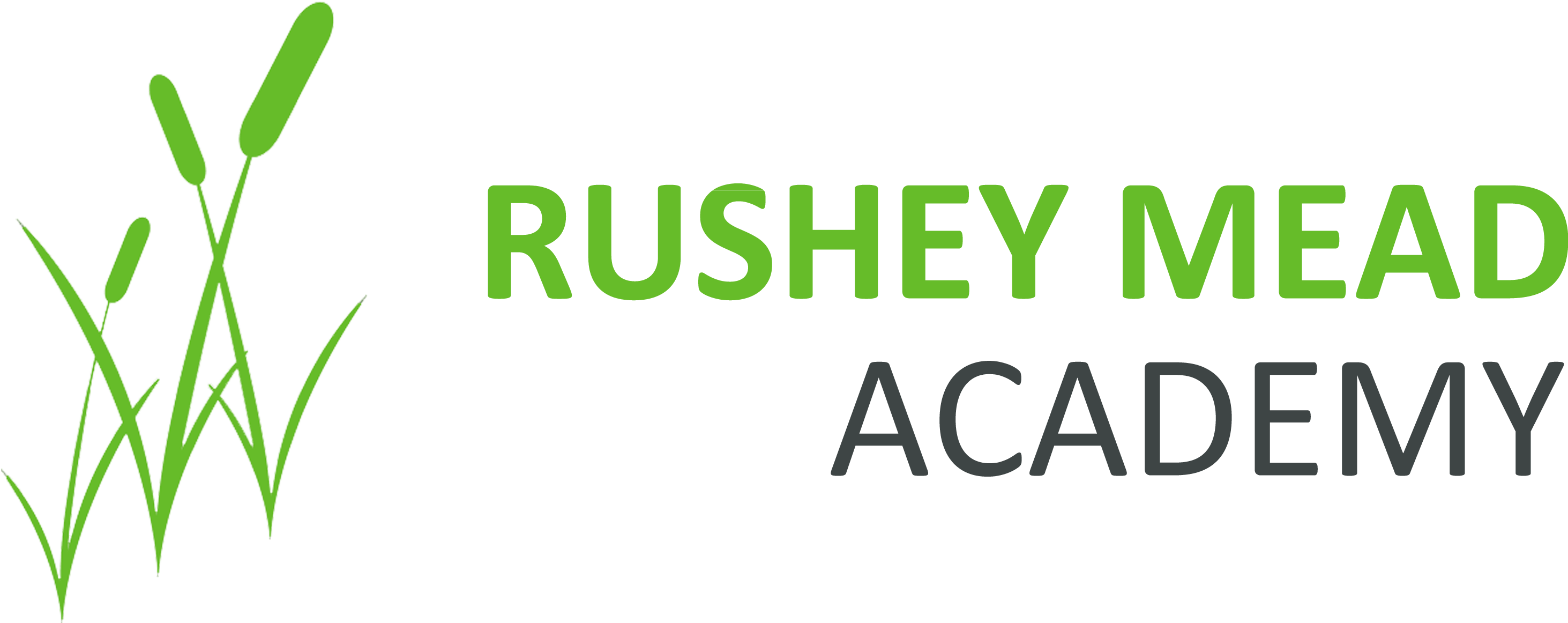The overarching goal of the curriculum at Rushey Mead Academy is to give all students access to the best which has been thought, said, written and created in every field of human endeavour.
The curriculum is framed with the intention of producing well-balanced students prepared for the responsibilities and opportunities that arise throughout life and to prepare students for the challenges of the 21st century. It extends knowledge, experience and imagination in ways which develop critical and analytical capability, awareness of moral values and capacity for enjoyment.
The students’ spiritual, moral and ethical development is addressed through the formal curriculum in a number of subjects, including religious education lessons. It also occurs informally through assemblies, numerous extra-curricular activities, residential experiences and in other intangible ways which permeate the ethos of the school.
Rushey Mead Academy has a full and well established PSHE programme which is delivered to all students by their own tutors as part of the tutor/PSHE programme. It is also delivered by outside providers who have specialisms in required areas. Students are therefore, prepared for their roles as citizens, especially through schemes of work for Citizenship which is taught within Humanities. All students receive careers advice and have the benefit of taking part in a well-integrated leadership programme as well as work related and enterprise opportunities.
Courses of study
Year 7: English, Mathematics, Science, a Modern Language (French or Guajarati), History, Geography, Religious Studies, Music, Art, ICT, Design & Technology, Physical Education, PSHCE including Citizenship through Humanities.
Year 8: The above curriculum is continued.
Year 9: The above curriculum continues and a course is begun in Careers Education. Citizenship is taught as a discrete subject by specialist providers.
Design Technology incorporates Textiles, Product Design and Food & Nutrition with students studying a mixture of skills, from designing, to making dough, to hemming, all the while gaining a strong sense of what makes outstanding design.
Physical Education includes a wide range of activities: football, hockey, handball, cricket, netball, tennis, orienteering, health and fitness, gymnastics, basketball, badminton, volleyball, table tennis, dodgeball, athletics, rounders, softball. Also, dance is taught to all students at KS3.
Year 10 and 11 students study English (Language and Literature), Mathematics, Science (Biology, Chemistry and Physics), a Modern Language, Religious Education and Physical Education. They may also choose additional subjects from a broad range including Spanish, Business Studies, Computing, Art, Photography, Media, Drama, Dance, Music, Sport, Product Design, Textiles, Food and Nutrition and Health and Social Care.
A list of curriculum leaders can be found here

 Make A Positive Difference
Make A Positive Difference